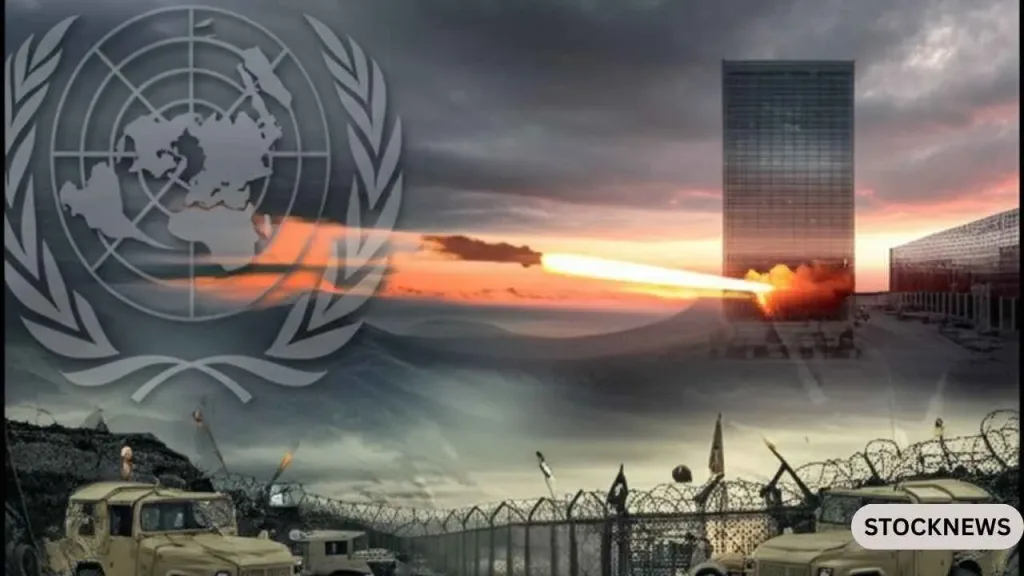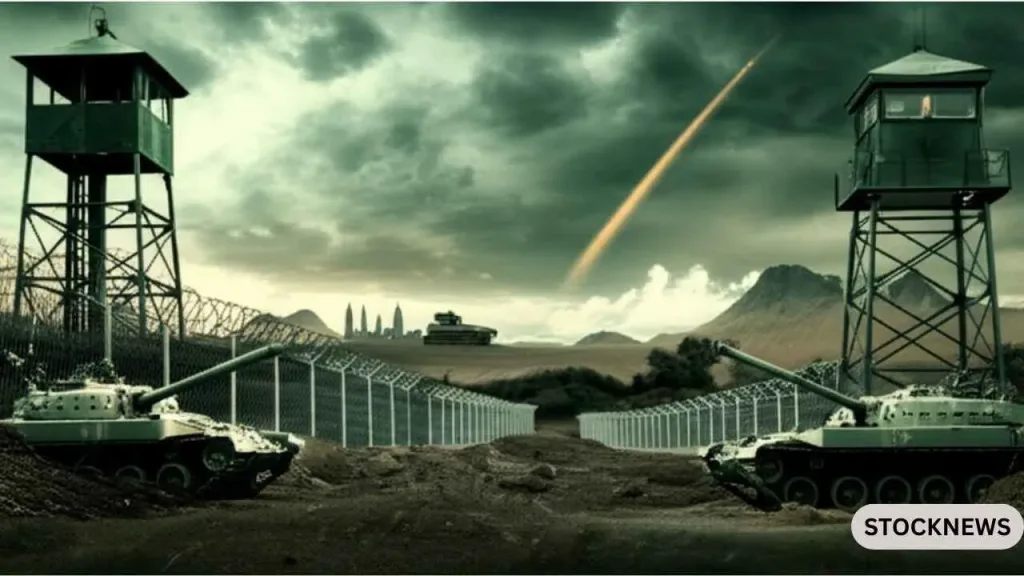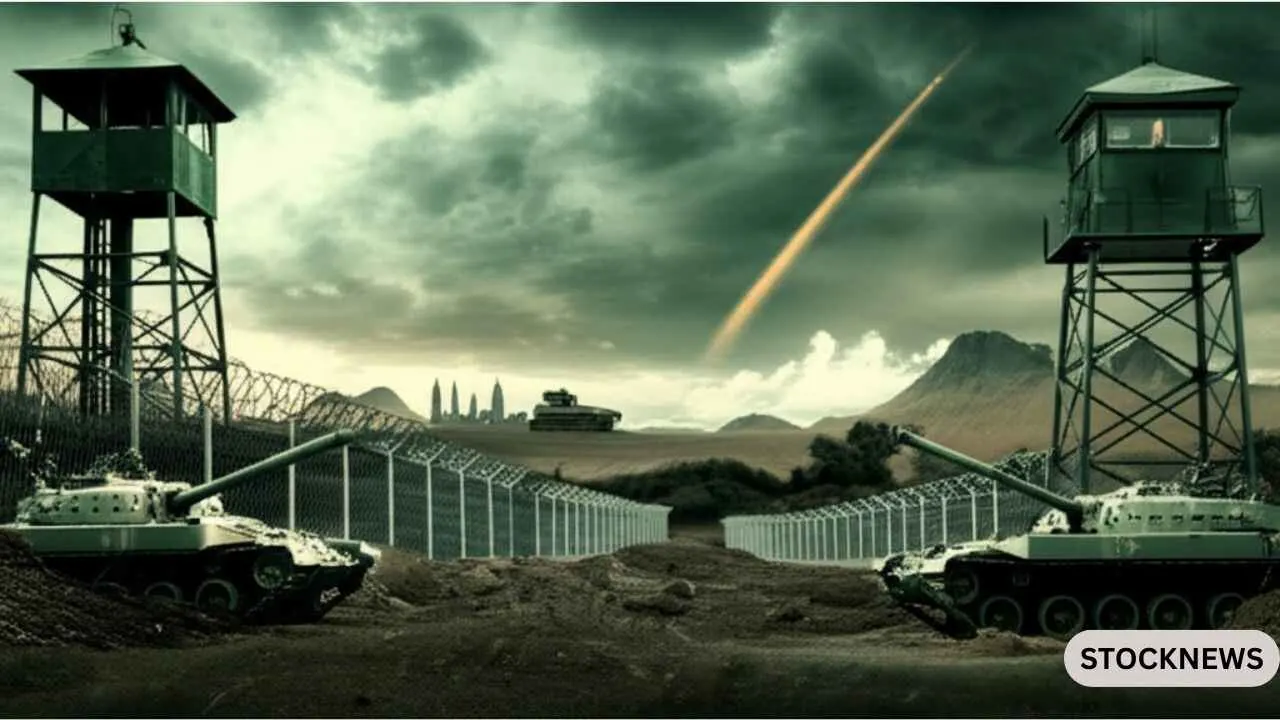In the volatile aftermath of a deadly terror attack in Jammu & Kashmir’s Pahalgam, the diplomatic and military fault lines between India and Pakistan are once again on full display. While India maintains a hardline stance, vowing to hold all perpetrators accountable, Pakistan appears to be scrambling — diplomatically, militarily, and strategically — to manage the fallout and avert another potential military confrontation.
The April 22 attack, which claimed the lives of multiple Indian security personnel, has been traced back to The Resistance Front (TRF), a proxy outfit linked to the Pakistan-based terror group Lashkar-e-Taiba. Though Islamabad has denied any involvement, the developments that have followed suggest a country under significant pressure, working feverishly to contain a crisis that is both domestic and international.
Here are five clear indicators that Pakistan is feeling the strain:
1. Appeals to the United Nations: A Diplomatic Safety Net
In a move consistent with its historical playbook, Pakistan has turned to the United Nations Security Council (UNSC), which has agreed to hold closed-door consultations on May 5 at Islamabad’s request. The appeal is part of a broader effort to internationalise the Pahalgam incident and highlight India’s recent suspension of the Indus Waters Treaty — a move Pakistan has termed “water warfare.”
For decades, Pakistan has used international platforms to spotlight the Kashmir issue and counter Indian accusations, particularly in the wake of attacks linked to cross-border terrorism. Yet, this well-worn diplomatic path has yielded limited results in the past, and the current effort appears equally uphill. Islamabad’s persistent framing of India as the aggressor contrasts sharply with New Delhi’s global messaging — which increasingly finds resonance in international corridors — that Pakistan continues to harbor and support militant networks.
2. Missile Tests: Muscle Flexing or Messaging?
In a rare show of military posturing, Pakistan conducted two missile tests within a week — a stark departure from its previous test last November. The latest, a training launch of the FATAH surface-to-surface missile with a 120-kilometre range, followed the unveiling of the “Abdali Weapon System,” also a short-range missile platform.
Described by officials as “successful,” these tests are as much about internal optics as external deterrence. The statements accompanying the launches — vowing readiness to “thwart any aggression” — are clearly designed to reassure the domestic population while sending a signal across the border. Yet, military experts point out that Pakistan’s conventional warfare capabilities are significantly outmatched by India’s. Intelligence assessments suggest that Pakistan’s artillery reserves might sustain only four days of high-intensity conflict — underscoring the performative rather than practical nature of these tests.

3. Dismantling Terror Launchpads: A Preemptive Retreat
Indian intelligence sources report that several known terror launchpads near the Line of Control (LoC) in Pakistan-occupied Kashmir (PoK) have been abruptly vacated. Key sites at Shakargarh, Samahni, and Sukhmal — long identified as staging grounds for cross-border infiltrations by groups like Lashkar-e-Taiba and Jaish-e-Mohammed — now lie deserted.
This mass withdrawal is being interpreted as a direct response to fears of Indian retaliation, reminiscent of the 2016 surgical strikes and the 2019 Balakot air raids. “Pakistan is clearly nervous. They are attempting to erase evidence and shield their assets,” a senior intelligence official told The Times of India. Notably, there have been reports of intensified shelling at over 60 locations across the LoC — seen as both a diversion and a defensive measure to stall any Indian cross-border operation.
4. Stockpiling Supplies: Quiet Preparations for Conflict
On the ground in PoK, civilian administration is quietly preparing for worst-case scenarios. According to Reuters and local sources, food rations have been doubled in districts along the LoC. Over the weekend, government workers were seen loading flour sacks at a state-run mill in Muzaffarabad, dispatching them to storage depots in high-risk areas.
Residents have reportedly been advised to stockpile essentials for up to two months, suggesting official concern over potential supply disruptions in the event of cross-border escalation. These silent preparations indicate the seriousness with which the Pakistani establishment is treating the possibility of conflict — even as it maintains a public narrative of restraint.
5. Public Acknowledgment of Past Ties to Terror
Perhaps most damning of all are the candid admissions by top Pakistani leaders about the country’s historical links to terrorism. In an unusually blunt interview, Defence Minister Khawaja Asif told the UK’s Sky News that Pakistan had done the “dirty work” of supporting terror groups at the behest of Western allies during the War on Terror. Former Foreign Minister Bilawal Bhutto Zardari later echoed the sentiment, calling it “no longer a secret.”
These statements are being viewed as part of a strategic pivot — painting Pakistan as a former pawn in a global power game rather than a rogue state. But critics argue this is little more than a diversionary tactic, aimed at diluting Pakistan’s own culpability and shifting focus toward the West. India, for its part, has seized on these remarks to reinforce its long-standing accusation: that Pakistan’s so-called “deep state” has systematically used terror as a tool of statecraft.

Conclusion: Tensions Running High, Options Running Low
As the diplomatic temperature continues to rise, Pakistan’s recent actions underscore a nation both cornered and calculating. Whether through appeals to international bodies, military displays, or strategic retreats, Islamabad is clearly attempting to navigate a perilous moment — one shaped by growing global impatience with terror-linked actors and a resurgent India unwilling to absorb further provocations.
The coming days — particularly the UNSC meeting on May 5 — will reveal whether Pakistan can successfully recalibrate its narrative or whether it finds itself increasingly isolated on the world stage.
